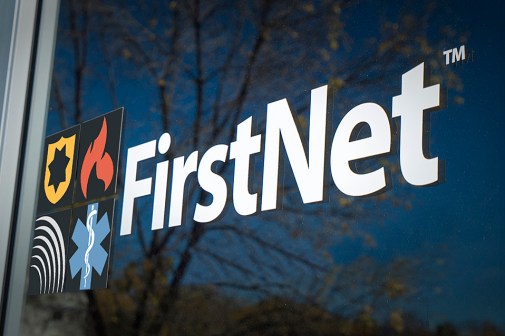Some states wary about FirstNet funding

The House Subcommittee on Communications and Technology received mixed messages Nov. 21 about the First Responder Network Authority from state officials implementing the program.
Ohio CIO Stu Davis expressed concerns over cost of the program known as FirstNet, while Darryl Ackley of New Mexico’s Department of Information Technology, testified his state was moving along with FirstNet with few problems.
“One state says [FirstNet] is good, the other says, ‘Eh, I’m not so sure,’” said committee Chairman Rep. Greg Walden, R-Ore.
The nationwide, wireless, high-speed network will give emergency responders a single platform for public-safety communications.
The business model for FirstNet involves states taking on the cost of the program and then being supported through state partnerships and subscriptions from early adopters of the program.
Davis testified he did not think this model would work.
“I don’t believe this is sustainable,” he told the subcommittee. “Someone has to pay for operations while adoption ramps up My concern is that states will be responsible for these lost costs.”
FirstNet, which was put into effect by the Middle Class Tax Relief and Job Creation Act of 2012, has about $7 billion in funding, about one-third of what will be needed, according to Davis.
“I know in this debate one of the underlying things was, ‘don’t worry, the government will bring you money’ and I don’t think we can assume that,” said Rep. John Shimkus, R-Ill.
Ackley’s testimony did not reflect the cost concerns of Davis’. While both supported the program, the challenges Ackley outlined dealt more with the problem of the population density of his state.
“Probably the most significant challenge faced by FirstNet will be designing a means to bring services and coverage to rural and underpopulated areas contemporaneously with building out in urban areas,” Ackley said.
FirstNet Chairman Samuel Ginn explained the project is still new and may take some time.
“[FirstNet] is going to revolutionize public safety in a way we don’t understand My comment to Mr. Davis is, work with us, we want to do this as partners,” Ginn said.






